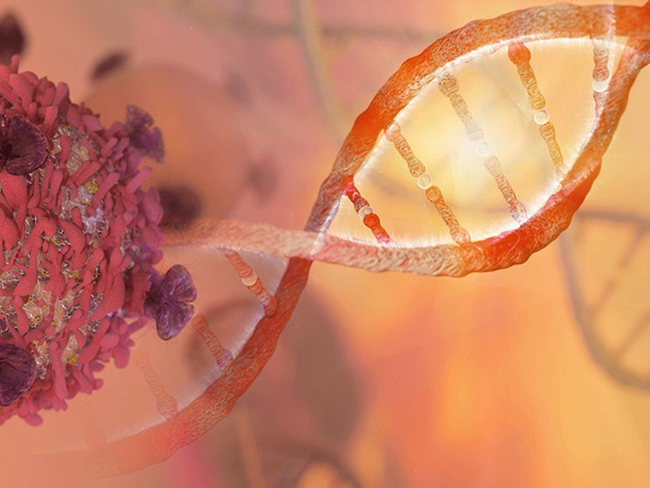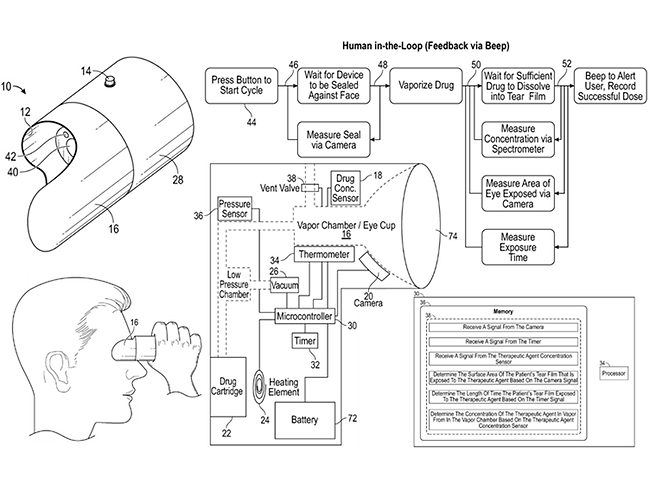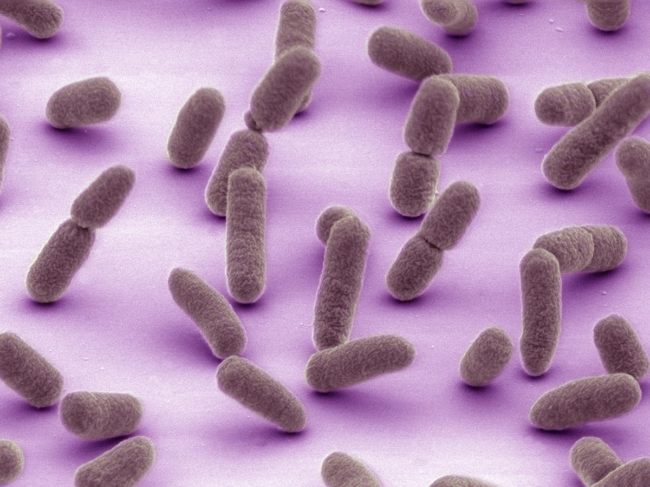
Drug design, drug delivery and technologies
Drug design, drug delivery & technologies
Intranasal bacterium for targeted brain delivery
Read MoreDrug design, drug delivery & technologies
Intranasal bacterium for targeted brain delivery
Read MoreGenetic/congenital
Eliminating redundancies opens up possibilities for protein engineering
Read MoreDrug design, drug delivery & technologies
HSA-conjugation prolongs blood circulation, improves tumor-targeting ability of aptamers
Read MoreDrug design, drug delivery & technologies
Evo 2 AI allows genome and epigenome modeling of all life domains
Read MoreDrug design, drug delivery & technologies





